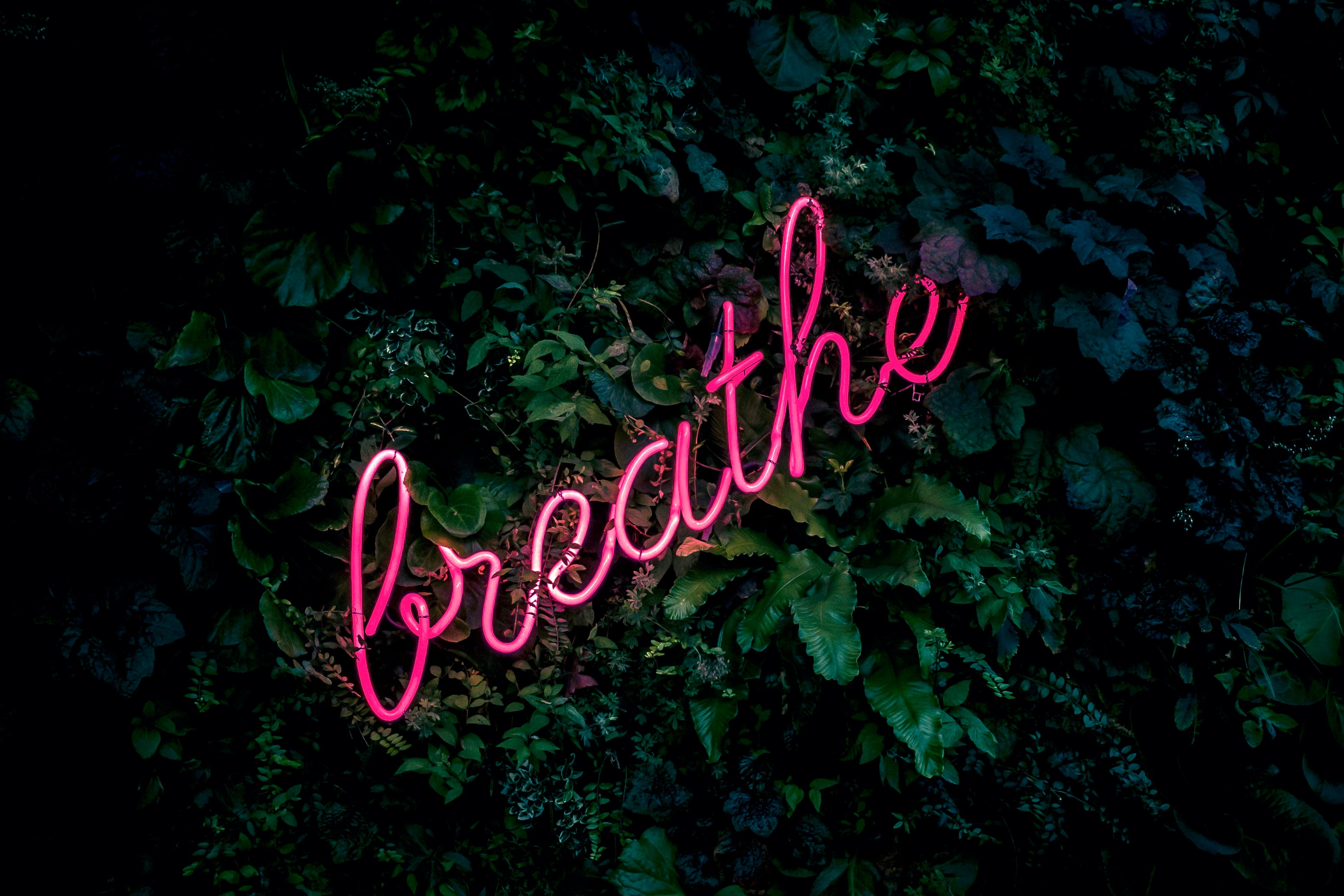Caring for Mental Health While Coping with Hair Loss

Coping with mental health while experiencing hair loss can be an overwhelming experience. Hair loss itself can leave you feeling unsure of who you are. While the hair loss may be triggered by a big life event or change, such as a stressful move or giving birth, it can be difficult to deal with, even if you’re prepared for it. Even if you have not struggled with a mental health condition in the past, it is vitally important that during this time, you’re very cognizant of the state of your mental health. It can be easy to write mental health off, as it's something that is not visible to most, but it is still a huge part of your overall health and well-being.
At Daniel Alain, we know how jarring hair loss can be. While it often happens over time, the effects of hair loss can feel as if they sneak up on you. We know how emotionally turbulent it can feel to lose your hair. Coming to terms with your hair loss and striving to accept it in order to better deal with it is one of the most powerful tools in navigating hair loss. We’ve seen hundreds of customers and know each one has a unique story, but many have shared that hair loss took a toll on their mental health.
In this article, we’re going to provide some tips on how to care for your mental health while coping with hair loss. By the end of this article, you’ll have more resources and suggestions on how you can build and rely on your support system to empower you to take control of your hair loss and return to yourself.
Physical Activity Fights Depression
A 2014 study from Duke University demonstrated that over 16 weeks, exercise was just as effective in battling depression as a prescribed antidepressant. Six months after the conclusion of the study, the group that had been prescribed exercise had the lowest rate of depressive relapse.
Often, the most difficult part of committing to an exercise plan while feeling low is the lack of desire to do anything. Even things that may have once brought pleasure may feel empty. This phenomenon is known as anhedonia. However, continuing to push through and engage with things that once brought joy can be very beneficial in the long run. Continuing the exercise, even if the desire is not strong, can help combat depressive or difficult feelings and raise your spirits.

Find Support in Old and New Places
Seeking professional help is now more accessible than ever. Online therapy makes finding a therapist you feel comfortable talking to very easy. You don’t need to have insurance, although some platforms do accept insurance. Getting professional help to work through difficult emotions and times, especially if you’re not sure how to work through these feelings can be immensely helpful in working through tough times.
There are also many support groups, both in-person and online, where individuals experiencing hair loss can share their common experiences. Being able to discuss what’s going on with people who are in a similar situation can ease feelings of isolation. You may find these groups to be particularly helpful in learning how others impacted by hair loss are working through it.
Of course, being open and honest with your close friends and family can be the easiest way to find support. If you’re considering buying a wig, we’ve written about how close friends and family members can be responsive and support you through the process. The suggestions for loved ones ring true even outside of the wig buying journey.
Practice Mindfulness to Check-In With Yourself
When you experience hair loss, you may experience emotions that have never come up before. You may feel as if your emotions are more intense or turbulent. If you’re not used to dealing with difficult feelings, it can be extremely distressing and overwhelming to encounter these emotions.
Practicing mindfulness is an excellent way to take away power from overwhelming feelings. Mindfulness seeks to ground one into the present. While mindfulness does suggest sitting in discomforting feelings, sitting in this discomfort allows you to develop the emotional muscles to be more responsive. It gives you a better idea of how to approach these emotions and can bring you a sense of control and even peace when dealing with mood swings or moments of sadness.
Mindfulness is best practiced through a combination of breathwork, meditation, and journaling. Deep breathing has been shown to calm the nervous system in distressing moments. Focusing on the breath can help bring you back to the present when anxiety takes over. Journaling allows you to explore your thoughts, uninhibited. It can feel awkward when you first start putting your thoughts onto paper. However, once you get into the flow of writing, you may discover how you’re truly feeling. It helps develop the skills of self-awareness and emotional regulation.

Keeping Up With a Healthy Lifestyle
Sometimes, keeping up with a healthy lifestyle can present challenges, especially if your hair loss is related to a health crisis or if you are a person with a disability. Generally, even while going through a difficult time, you want to make sure you are continuing to eat well, as studies have shown that the food you eat can have a direct impact on your mood. Nutritional deficiencies have been shown to negatively impact mood and can also have a direct correlation with hair loss. Ensure you are getting enough quality sleep, avoid excessive substance use, and aim to be active for about half an hour, five days a week.
Discover Ways to Empower Yourself
During difficult times, we must find ways to help ourselves get through the toughest moments. For some, learning everything they can about an issue can ease anxiety about the unknown. Educating yourself about your hair loss condition or what may be the cause can make the unknown feel more tangible and less scary. After learning about the issue, you can begin to find solutions for yourself.
It’s also important to affirm yourself and your feelings. While you may feel guilty about being upset over your hair loss, know that you are not alone in this feeling. It is normal to mourn the loss of a part of ourselves. Acceptance can be a powerful tool in finding a solution because it allows us to see the reality of our situation and pragmatically determine our approach to the issue.
Because hair can be tied to identity, we recommend practicing daily affirmations, on aspects relating to who you are physically, mentally, and emotionally. More than anything, be sure you are taking time to care for yourself.
The Importance of Self-Care and Seeking Solutions
Being on top of your mental health is extremely beneficial even though we may not always see how important it is. Your mental health may take a hit when you experience hair loss. But finding ways to support your mental health can help alleviate some of the difficult emotions you are facing and may even lead you to a solution.
At Daniel Alain, we often hear how hair loss can trigger a sense of fear or concern. Often, mental health conditions, such as anxiety, trick our bodies into thinking we are in a constant state of danger, which can lead to a perpetual state of fear. Sometimes, finding a mantra or passage from literature can offer guidance in navigating tough times. Frank Herbert wrote the bestselling sci-fi novel, Dune. In this novel, there is a litany of fear often repeated by the characters whose words can be empowering while feeling fear:
“I will face my fear. I will permit it to pass over me and through me. And when it has gone past, I will turn the inner eye to see its path. Where the fear has gone, there will be nothing. Only I will remain.”
Adopting a mantra such as this one can help remind you that things are temporary. You are strong enough to get through even the toughest times. You have overcome all your worst moments and will continue to. There is a light at the end of the tunnel, even if it’s not bright enough to see. It takes time to find the light, but it will be there. Once you find it, you will be closer to the end of a difficult time.
This light can take many forms. Perhaps it is seeing your hair grow back. But if you’re not sure when that will be, you can create smaller lights to guide you along the way. Educating yourself on what can be causing your hair loss may equip you with the language or knowledge you need to successfully navigate hair loss.
We know that hair loss can be an isolating journey. No one should go on the journey alone. Instead, an empathetic guide who can provide insight and advice along the way can make a huge difference. We offer private consultations for individuals who are experiencing hair loss and would like guidance along the way. Whether you’re ready for a hairpiece or simply want to explore your options, connecting with one of our consultants can provide you with more knowledge of what will work best for you.

